Robotic Applications for Metal Fabrication
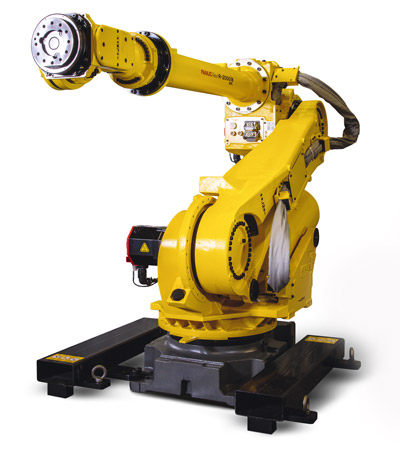
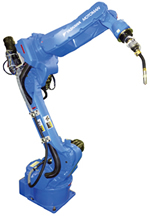
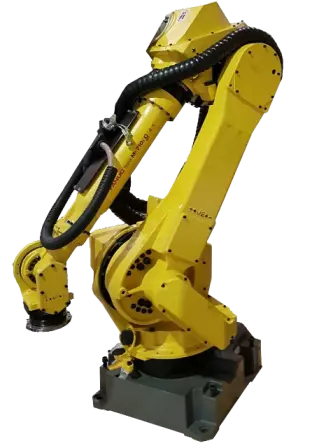
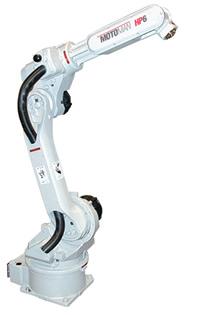
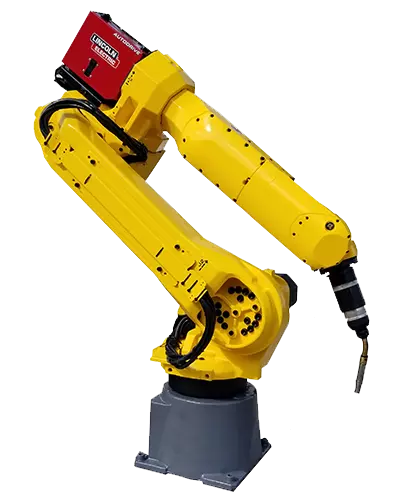
Metal fabrication is a vital process used to convert raw metals into usable ones for manufacturers to create a final product. During metal fabrication metals may be converted to sheet metal so automotive manufacturers can then build car frames. Metal parts and other metal materials may also be produced allowing for products to be created from small metal goods such as hardware to heavy machinery. Metal fabrication has predominately relied on manual labor to perform processes such as cutting, forming, and welding. However, relying solely on manual labor causes inconsistencies, bottlenecks, higher costs, and safety concerns. This is why metal fabricators are moving away from manual labor and opting for robotic automation.
Industrial robots can automate just about any step in a metal fabrication production. Automating with the FANUC Arcmate 100ic/6L optimizes operations through faster cycle times, higher productivity, and reduced waste. Applications being automated by industrial robots in metal fab shops include:
- • Welding - Welding is critical to metal fabrication in order to produce a durable product. Industrial robotic arms are used by metal fabricators to automate arc and spot welding applications. The Yaskawa MA1400 and other arc welding robots improve the quality, speed, and safety of welding processes in fab shops. As welders become harder and harder to find, articulated robots are proving to be a viable solution to the labor gap.
- • Cutting - Cutting is another crucial task in metal fabrication. Robot manipulators provide the accuracy and precision needed to cut metal workpieces into desired shapes and pieces. Industrial robots can automate oxyfuel, plasma, laser, and mechanical cutting processes.
- • Assembly - Forming and assembly processes are used in metal fabrication to create usable parts for manufacturers. Assembly robots can automate shaping, bending, and the joining of parts. Robotic automation provides consistent results that can be replicated over and over.
- • Machine Tending - Machine tending robots can help eliminate bottlenecks and keep operations running smoothly. Machine tending robots can automate loading parts, positioning parts, removing parts, sorting parts, operating machinery, cleaning machinery, and tooling changes. The ABB 4600-60 is ideal for machine tending automation.
- • Material Handling - Workpieces used in metal fabrication can be quite heavy and extremely large making manual handling rather difficult and dangerous. Handling robots can easily automate the handling of metal in fab shops with their high payloads and long reaches. Materials can be safely and quickly moved around fab shops with the FANUC M-710ic/50.
- • Inspection - Automating quality control processes such as inspection with six axis robots ensures quality standards are met for all metal workpieces. Since metal fabricators are creating components to later be used in the manufacturing of other goods, quality is crucial. Inspection robots can be used to inspect for defects, measure metals, or test parts fit desired shapes.
- • Material Removal - Metals often need to undergo further processing to remove imperfections that can be left behind from previous stages of manufacturing. Robots can automate material removal applications such as deburring, deflashing, and grinding.
- • Finishing - Finishing processes automated by factory robots include polishing, sanding, and buffing. These processes are often necessary to smooth metal surfaces, improving their finish ensuring the quality and safety of metal parts.